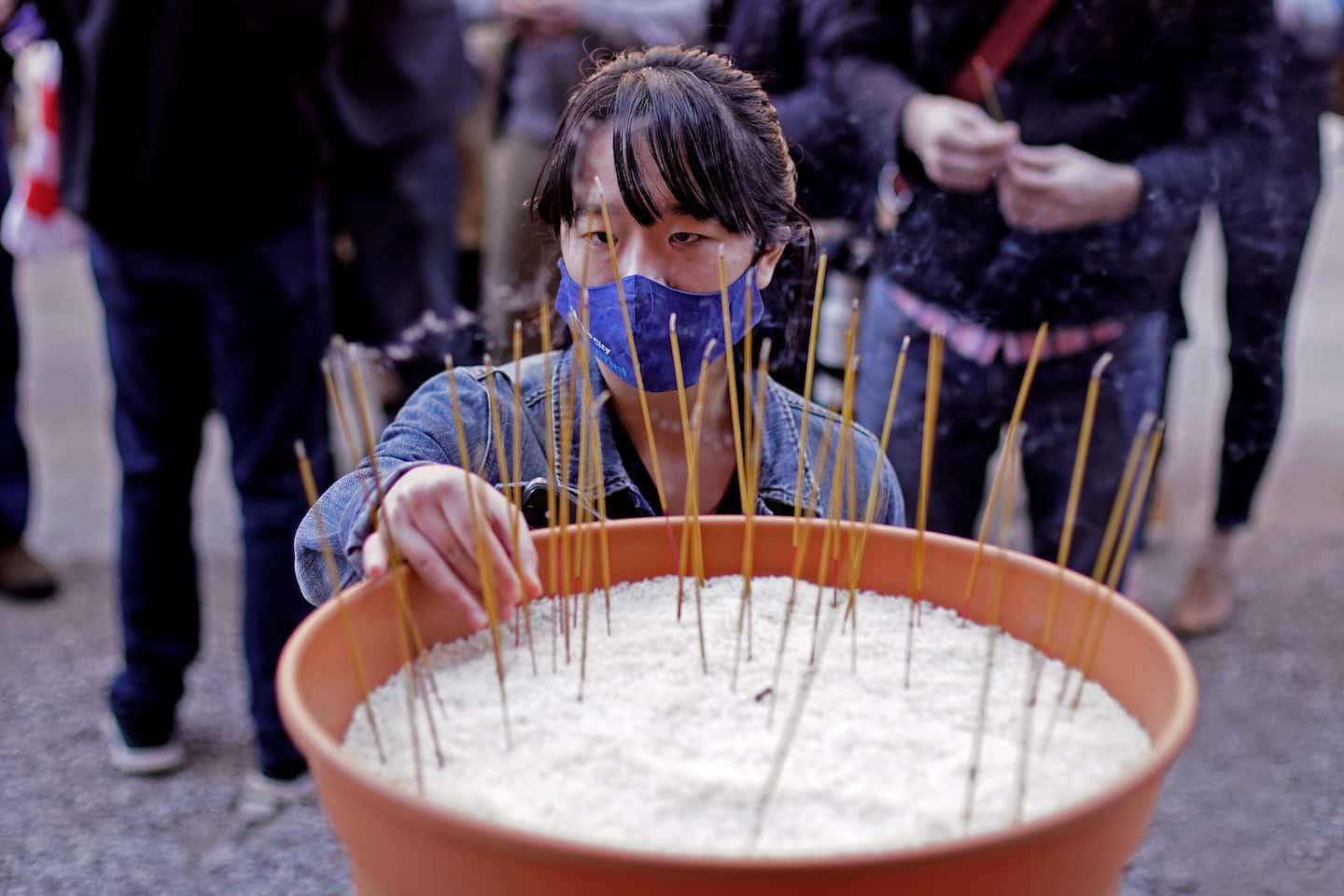We’ve long borrowed the strength of Asian spa workers It’s time for them to borrow ours.

I didn’t believe much in this Chinese philosophy of qi transfer, but nevertheless, Alice worked her magic on me. When she first pressed her hands deep into my muscles, I felt an initial jolt of pain. But then the pain turned into relief and my spirit revitalized. In borrowing some of her strength, I regained mine. Afterward, Alice would sometimes put me in a rice vinegar steam bath to soothe my body and flush out any remaining toxins from my muscles. I ended up smelling like a pickle, but the results were worth it.
Alice was a true entrepreneur. She started her business in her home in the San Gabriel Valley in California, and operated it there until her clientele grew. She became so sought after that she moved her practice into an office space and was able to afford a house for her nephews, who had come to the United States to study. Her own son would go into the family trade and take on additional clients his mother didn’t have time for. It was the American dream: a grandmother transcending her limited English to use her knowledge and experience in a way that benefited herself, her family and her community.
That’s what I want people to think about when they contemplate Asian-owned massage businesses and Asian massage workers. And that’s why when I read about the Atlanta spa shootings and learned about the identity of the victims, I felt the anguish of a crucial connection severed.
Like Alice, these hardworking women, matriarchs and providers, channeled their immigrant grit and determination in their unglamorous workplace. Not only did they break through knots in their clients’ backs, they pushed through socioeconomic barriers to improve the lives of the next generation. These were strong women. Now that they are gone, there is a tremendous loss that cannot be quantified or valued simply by their work. They were grandmothers, mothers, wives and friends.
But that wasn’t the story that initially emerged in the media, in part because the alleged killer spoke about his motivation before all of his victims’ families had been informed and their names released to the public. Because the alleged shooter described himself as having a “sex addiction” and described the businesses he targeted as a source of temptation, too many people assumed that the businesses he targeted were vice-ridden dens. While it is true that two of the spas were targeted in police prostitution stings, the last such arrest happened in 2013. Jumping to the conclusion that Asian-owned spas provide cover for sex work not only ignores studies that suggest workers are sexually victimized by customers, but reflects the double standards immigrants face all too often.
If Young’s Asian Massage, Gold Spa and Aromatherapy Spa had specialized in Swedish or sports massage, no one would have made unfair assumptions about the workers who were killed there. Instead, the focus would have been on the tragedy of their deaths. But when service jobs are occupied by immigrants and minorities, they are often degraded, stigmatized and underpaid. And when Asian women occupy these positions, attitudes born from a history of imperialism and colonialism and fused with misogyny erase the complexities of their lives.
The number and variety of Asian spas operating in America has grown rapidly. Korean jimjilbangs offer all-day retreats. Plenty of non-descript Chinese massage parlors offer relaxation at affordable prices. These establishments have gained traction in pop culture and attract yuppies, who after a long day in the city depend on new immigrants to soak their feet and undo the stress of their demanding jobs. I wonder if these customers understand what these spas mean to those of us who grew up with them.
Twenty years after I last saw Alice, I went to New York City’s Chinatown to seek out a pair of hands that could bend iron instead of providing the wimpy, so-called deep tissue massages on offer at fancy-schmancy places. Plus, I enjoy chit-chatting with the elderly masseuses, who are usually entertained and impressed that someone of my age can “still speak Cantonese.” To amuse them further, I throw in a bit of Mandarin. I wanted to tell them I understood that the source of my relief was the pains and perseverance of their generation. I wanted them to know that I respected them. I wanted them to know that now it’s time for them to borrow our strength.
Read more:






